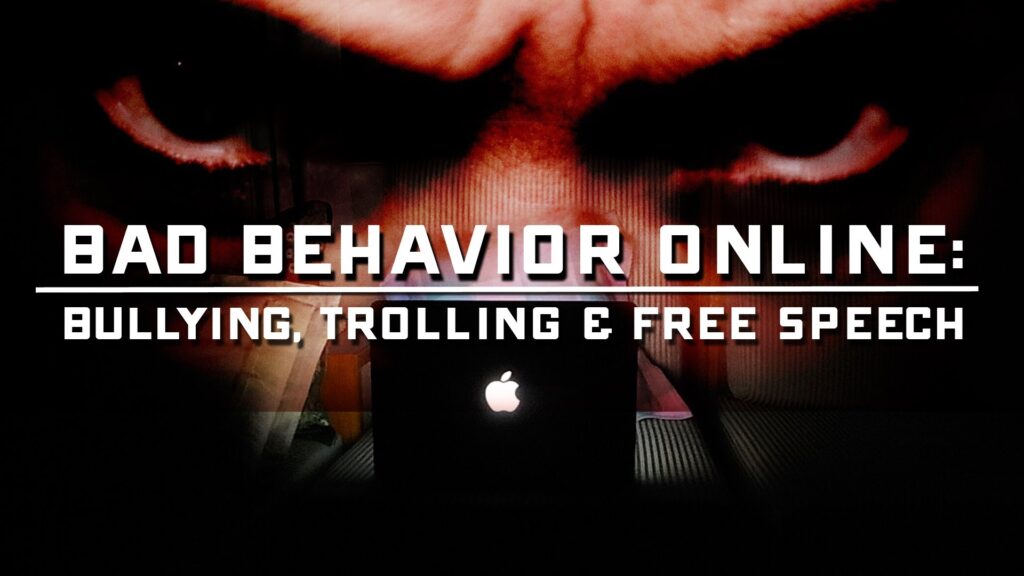 When people communicate there are generally sets of rules or protocols that are followed to ensure that the interaction is open and productive. On the Internet this set of rules is referred to as Netiquette. It may seem silly to you that we have to spell out these guidelines, but it’s a sad reality that there are many people who have, and will, act rudely or even abusively. Out on the general Internet many people are able to get away with horrible behaviour because they are able to hide behind a mask of anonymity. In this class you won’t be anonymous, we know exactly who you are; so any ill advised actions will come with consequences.
When people communicate there are generally sets of rules or protocols that are followed to ensure that the interaction is open and productive. On the Internet this set of rules is referred to as Netiquette. It may seem silly to you that we have to spell out these guidelines, but it’s a sad reality that there are many people who have, and will, act rudely or even abusively. Out on the general Internet many people are able to get away with horrible behaviour because they are able to hide behind a mask of anonymity. In this class you won’t be anonymous, we know exactly who you are; so any ill advised actions will come with consequences.
To avoid problems and help promote better online communication you need to follow this list of rules 1:
- Refrain from any and all personal abuse. You may express robust disagreement with what someone says, but don’t call them names, or do something foolish like threatening personal violence.
- Write clearly and succinctly. Avoid using slang or jargon that others may not understand.
- Stay on-topic. Don’t post about football or hair-care, and especially avoid politics and religion.
- Don’t expect other people to do your homework for you. If you’re looking for technical help, for example, don’t ask questions you could answer yourself by reading the available class material first. When you do ask for help, include details of what attempts you’ve made to solve the problem. It will save time and also show people that you are making an effort to help yourself.
1 Adapted from http://www.bbc.co.uk/webwise/guides/about-netiquette
